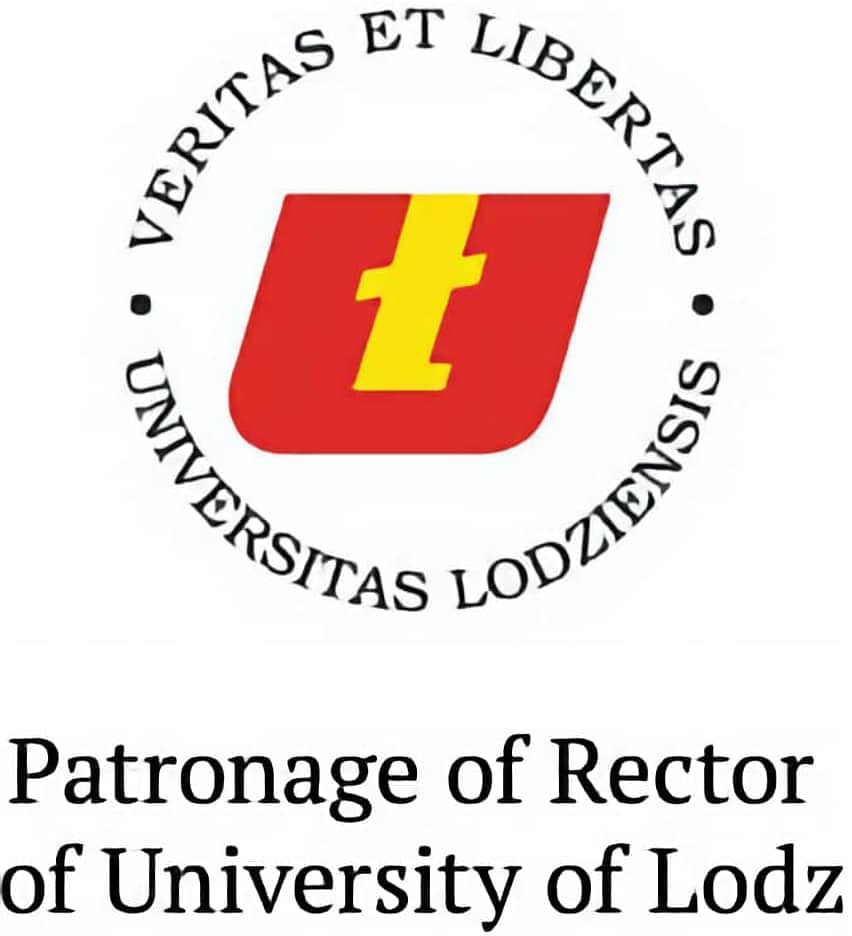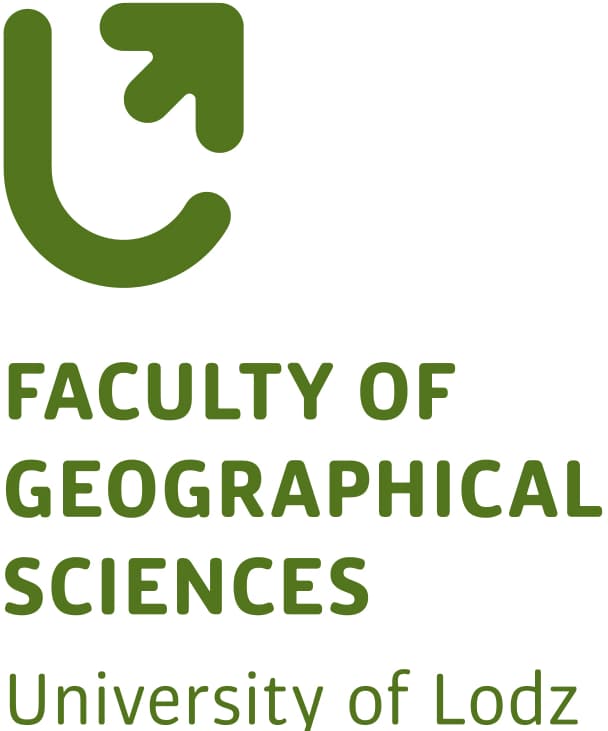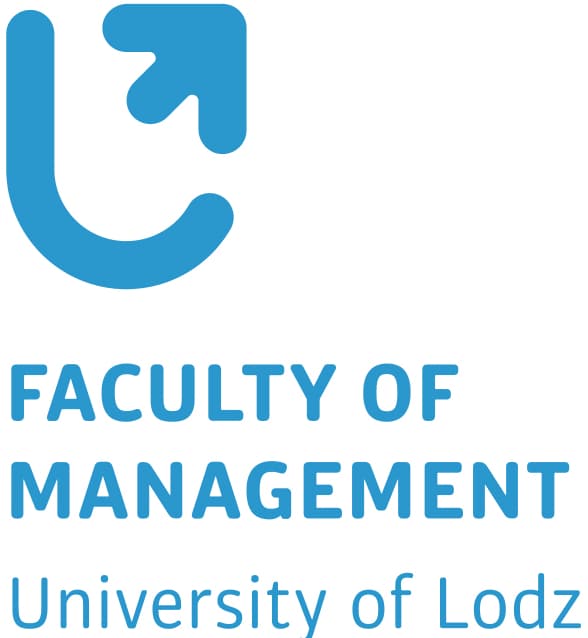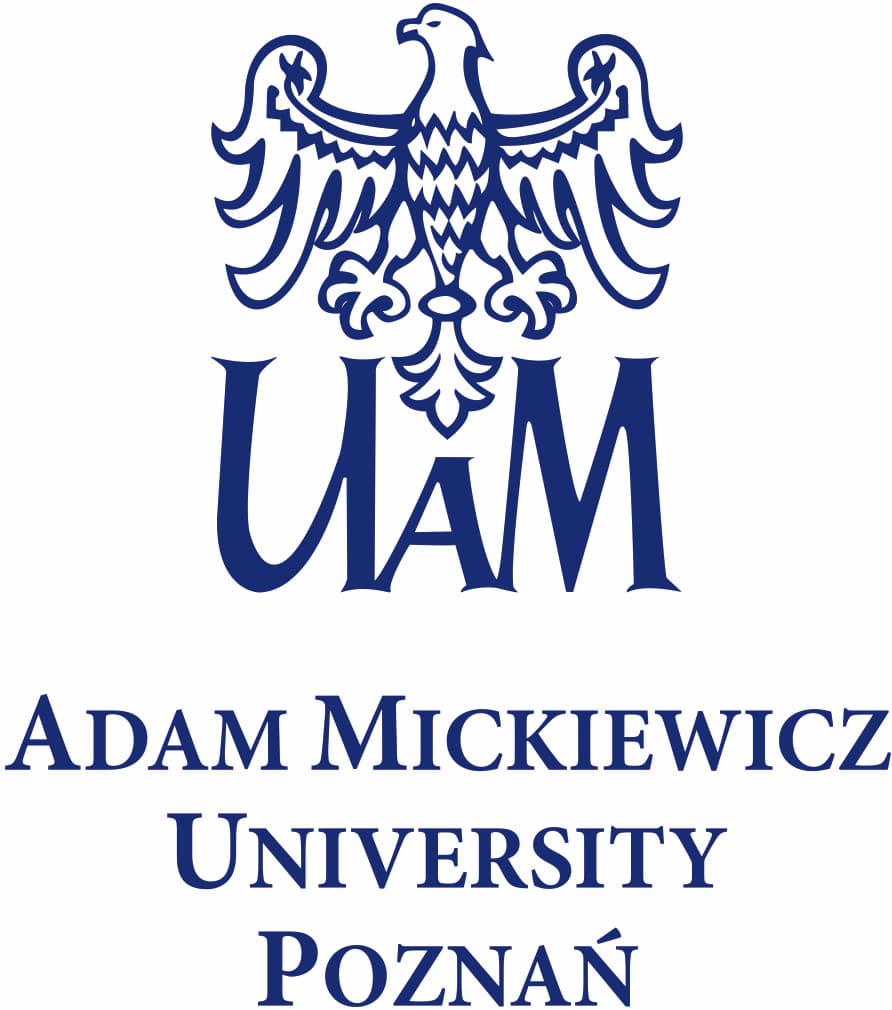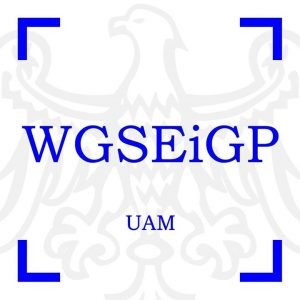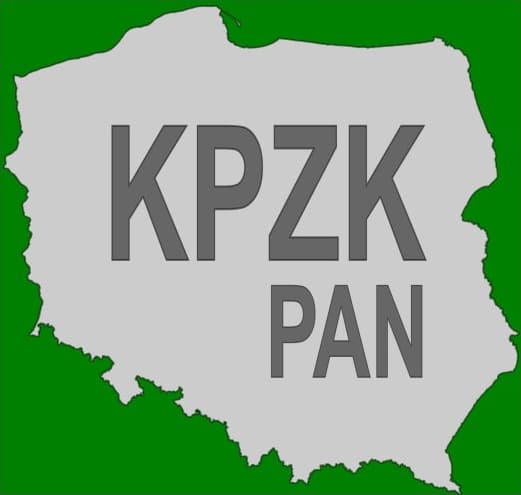PHD WORKSHOP MENTORS
These are the great people that will mentor the AESOP PhD Workshop
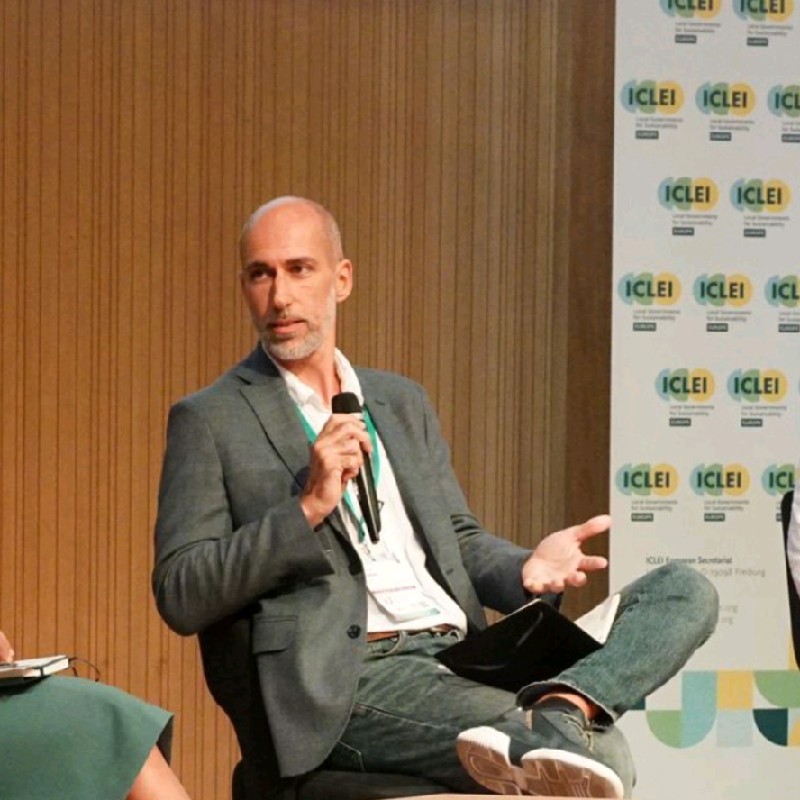
Lorenzo Chelleri
Lorenzo is the Director of the International Master Degree City Resilience Design and Management and Chair of the Urban Resilience Research Network (URNet) at the International University of Catalonia (UIC) and Senior Research associate at the Barcelona Institute of Science and Technology (BIST). With a background in urban and regional planning, environmental policy and urban geography, his research and teaching activities critically address the governance and planning processes related to city resilience. Interested in the complex relationship between urban resilience and sustainability, he is particularly concerned about the nowadays normative application of resilience in cities, and the emergence of unaccounted trade-offs among social, environmental or spatial and temporal aspects of urban resilience. After having worked for the European Environment Agency (EEA) he developed case study research in Mexico, Bolivia, Morocco, Europe and Asia publishing more than 50 peer-reviewed publications. He is also a consultant for the Covenant of Mayors and different local and regional governments.

Milan Husar
Milan Husar is Assistant Professor at Spectra Centre of Excellence of the EU at Department of Spatial Planning, Institute of Management, Slovak University of Technology in Bratislava. His main research focus has been on cross-border governance, smart cities and positive energy districts, and securing ecological connectivity in spatial planning processes.
.jpg)
Hania Janta
Dr Hania Janta is Visiting Research Fellow at the Department for Social Sciences, University of Basel, Switzerland, as well as at the School of Hospitality and Tourism Management at University of Surrey, UK. Previously she worked as Project Coordinator at University of Basel, Lecturer/Senior Lecturer at Bournemouth University, and as Senior Lecturer at University of Surrey. Her research interests include contemporary forms of mobility; return visits and return migration, human capital, skills and competencies as well as tourism labour. She has published peer-reviewed papers in a range of journals, and co-edited two special issues; ‘Reconceptualising visiting friends and relatives mobilities’ in Population, Space and Place (with S. Cohen and A. Williams) and ‘Human Capital, Employment & Skills’ for the Journal of Ethnic and Migration Studies (with A. Lulle and H. Emilsson). Her latest co-edited book (with K. Andriotis and D. Stylidis) “Tourism Planning & Development in Eastern Europe) was published in 2022. Hania was appointed an expert member of the Horizon2020 Advisory Group for the Marie Skłodowska-Curie actions 3rd mandate (2018-2020) and is an Expert Reviewer for the European Commission and various National Science Foundation bodies.
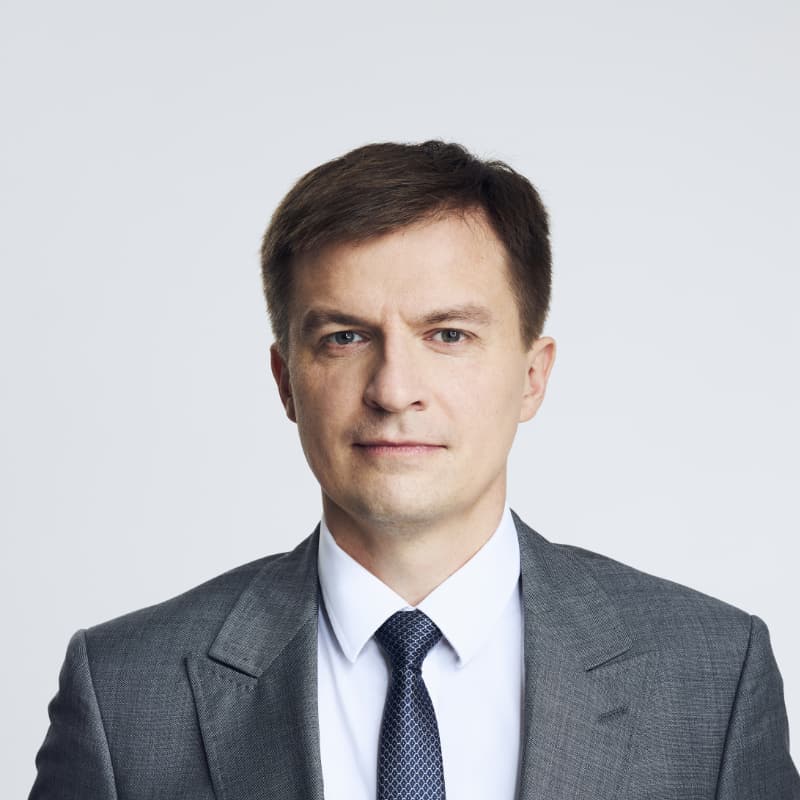
Robert Kudłak
Robert Kudłak holds PhD in economic geography and currently works as an Associate Professor at Adam Mickiewicz University in Poznań, Poland. Previously was as a researcher at Vienna University of Economics and Business (Vienna, Austria) and visiting scholar at Kedge Business School (Bordeaux, France). His main research interests focus on corporate social responsibility and its institutional antecedents, corporate environmentalism, environmental and social impacts of corporate behaviour, and geography of car market. Dr. Kudłak led and participated in numerous international and national research projects focusing on corporate social responsibility, business-society relations, competitiveness, and car market. His research has been published in journals such as the Long Range Planning, Ecological Economics, Journal of Cleaner Production, Journal of Corporate Citizenship, and European Planning Studies. He currently serves as a member of the editorial boards of two academic journals: Long Range Planning and Business Ethics, the Environment & Responsibility.
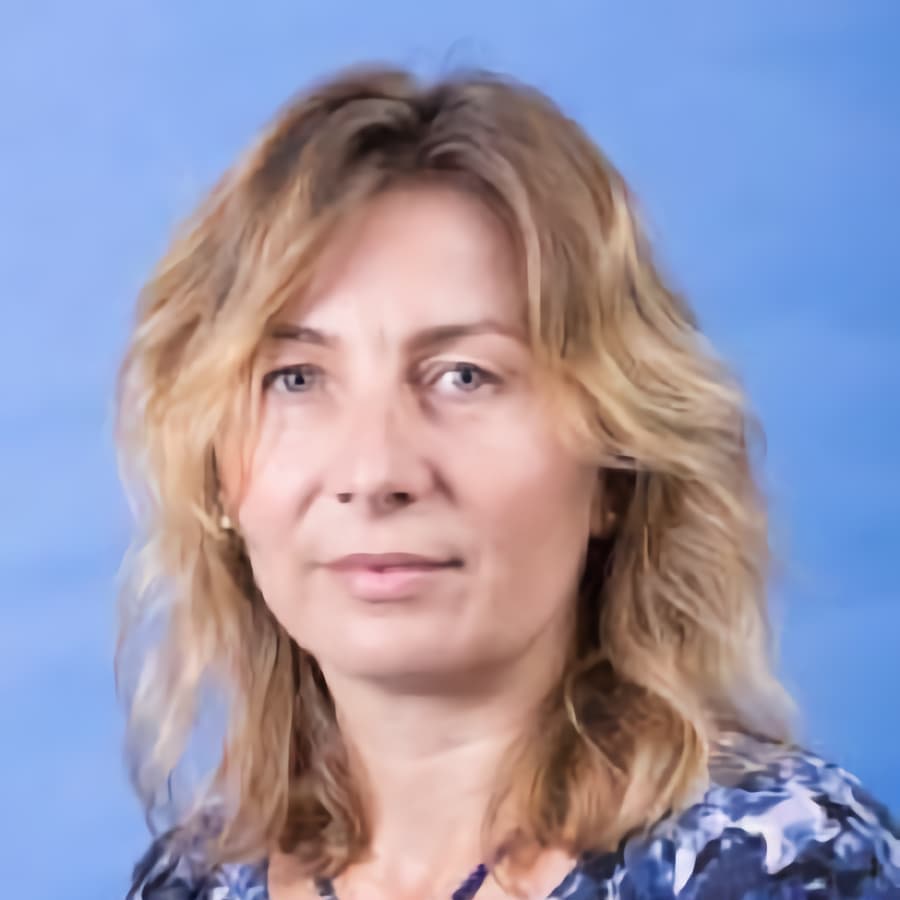
Barbara Maćkiewicz
Associate professor at Adam Mickiewicz University, Poznań, Faculty of Human Geography and Planning, Department of Agriculture and Rural Geography. Her research focuses on land turnover and use in agglomerations, in particular, from the perspective of urban agriculture, which she sees not only as a contemporary trend but rather as a still under-developed mechanism for city sustainability. Geographically, her interests are in Poland, Spain and Germany.
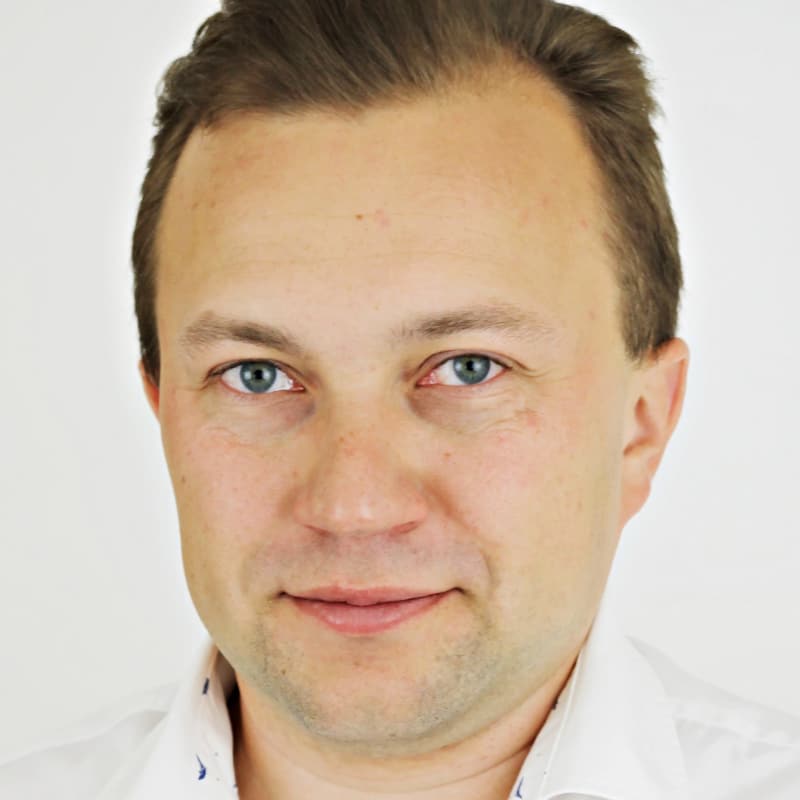
Łukasz Mikuła
Łukasz Mikuła is a professor at the Adam Mickiewicz University in Poznań, Faculty of Human Geography and Planning. Author of over 50 publications in Polish and English on local and metropolitan governance, spatial policy and strategic planning. His work has been published in Regional Studies, Journal of Urban Affairs, International Review of Administrative Science and International Planning Studies. Member of international research teams in projects “Local Public Sector Reforms: An International Comparison" (COST), “CONNECTING Nature” (Horizon 2020), “Geoportal supporting public participation in spatial planning” (National Centre of Research and Development). Co-author of development strategies and planning concepts for the Poznań Metropolis. Chairman of Spatial Planning and Urban Regeneration Committee of Poznań City Council (since 2010) and Metropolitan Planning Commission for the Poznań Metropolis (since 2017). Member of Polish Town Planners Society (President of Poznań Unit 2021-2024).
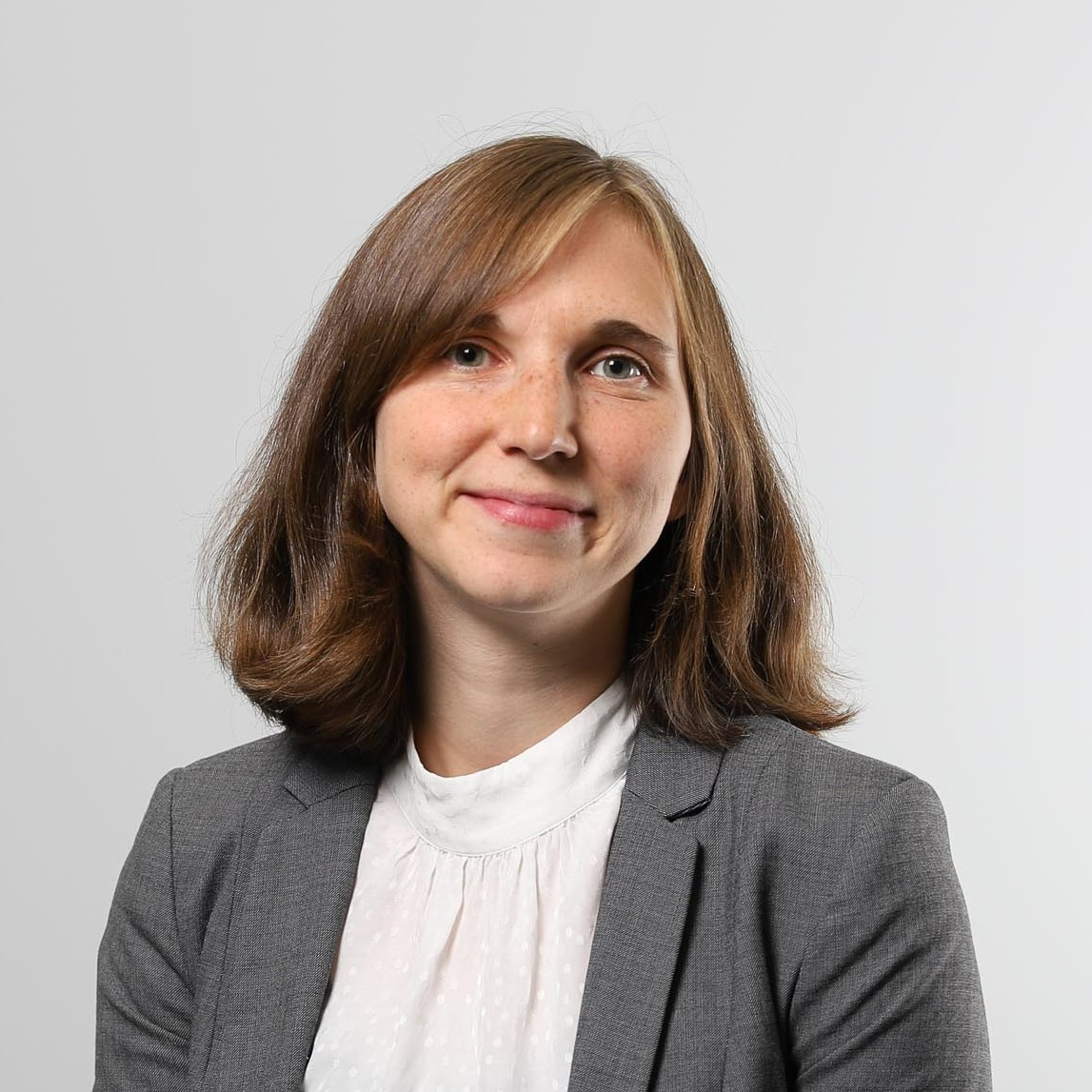
Eva Purkarthofer
Eva Purkarthofer is a postdoctoral researcher at the Department of Built Environment, Aalto University. She holds a master’s degree from TU Wien (Urban and Regional Planning) and a PhD from Aalto University (Spatial Planning and Transportation Engineering). She has previously been a visiting researcher at San Diego State University, a postdoctoral researcher at TU Delft and visiting professor at the University of Vienna. Her research interests include European spatial development and EU Cohesion Policy, strategic urban and regional planning, planning cultures and planning systems, planning education as well as the role of actors and institutions in planning. She is an editor of the European Journal of Spatial Development and the coordinator of the AESOP thematic group on Transboundary Planning and Governance. She has published numerous journal articles and book chapters and has recently acted as guest editor for a special issue in Regional Studies entitled “Regional Planning: Interests, Institutions and Relations”. Her on-going research project deals with sustainable urban development as a travelling planning idea and explores how structure and agency transform the ideas and measures related to sustainable urban development in various national, regional and local contexts.
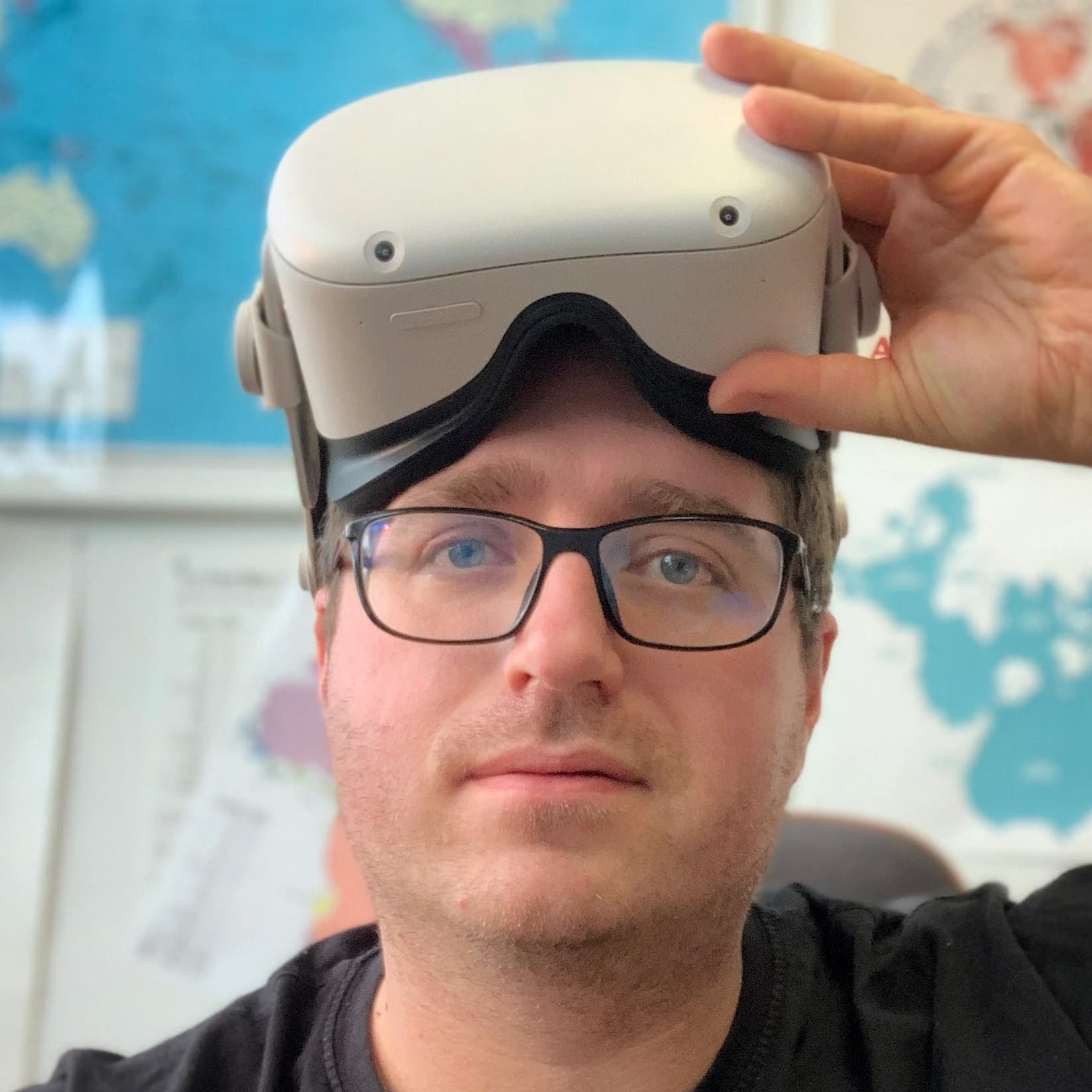
Michał Rzeszewski
Michal Rzeszewski is an associate professor at the Faculty of Human Geography and Planning, Adam Mickiewicz University in Poznań, where he explores various configurations, geographies and cyberscapes of geospatial technologies, social processes, and virtual/mixed and augmented realities. He is the head of the Critical Geography Research Unit and Principal Investigator in the Augmented City Project funded by the Polish National Science Centre. His background is within Earth Sciences, where he got Ph.D by doing geochemical and sedimentological analysis of backbarier marshes and tsunami deposits. In 2011 he chose to pursue his interest in GIS, web cartography, and social sciences, which resulted in research and publications focusing on the critical approach to geosocial media. He recently became involved in digital geography research, where he studied the interlinks between space and place perception and virtual and augmented reality technologies. His scientific interests also include relationships between software, code, and space. His research draws on Critical GIS, media and communication studies, human-computer interaction, and philosophy of technology. Michal also works on developing web-based participatory mapping tools that can be used to further the public's engagement in urban planning processes in the context of smart city agenda.

Krzysztof Stachowiak
Krzysztof Stachowiak is a professor of economic geography at the Faculty of Human Geography and Planning, Adam Mickiewicz University in Poznań, Poland. His research focuses on the creative economy (the role of culture and the creative sector in the economic development of cities and regions), creative cities, economic and spatial mechanisms of creative industries (in particular, the film industry), and knowledge-based economy (innovative regions, clusters). He conducted research in Poland and abroad as a visiting researcher at universities in Great Britain (the University of Portsmouth, University of Birmingham), Finland (Helsinki School of Economics), Canada (University of Toronto) and the USA (Clark University). He is the author of numerous publications devoted to the creative economy and the role of the creative sector in the development of cities and regions.
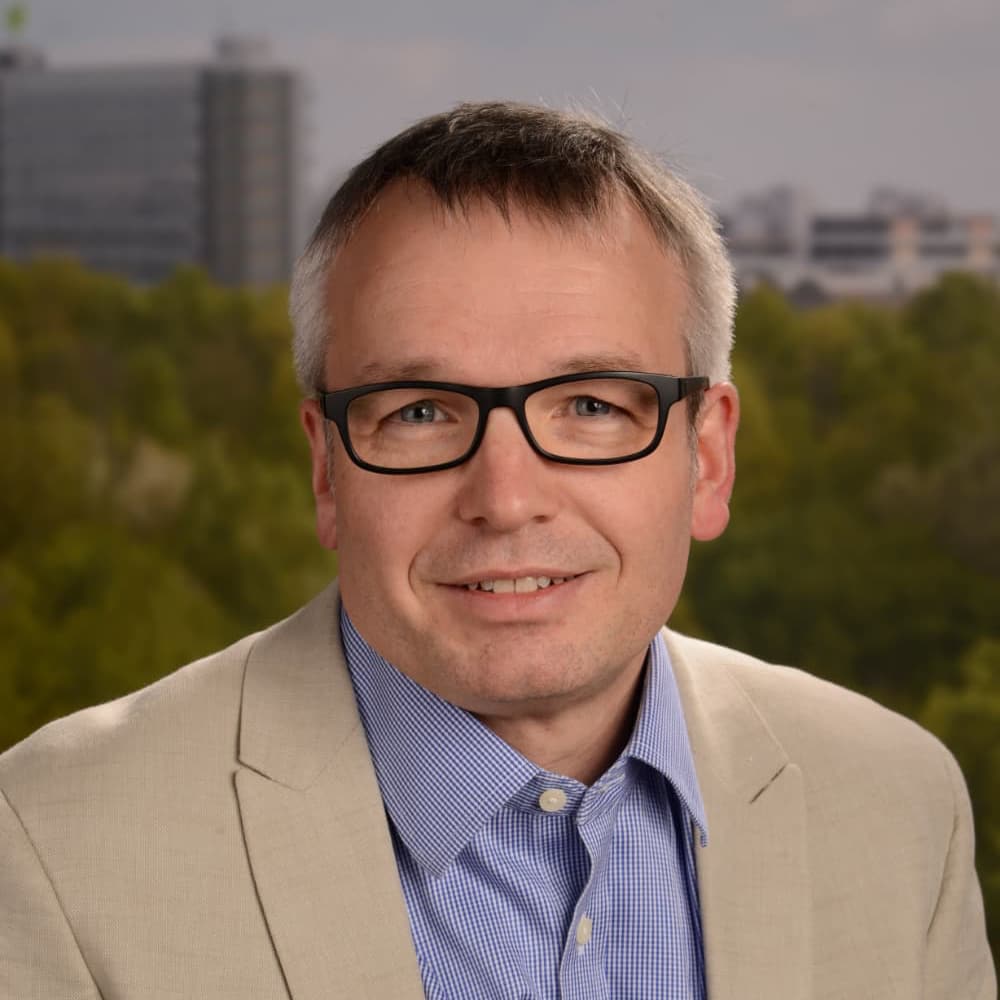
Thorsten Wiechmann
Since 2010, Thorsten Wiechmann has been Professor of Spatial Planning and Planning Theory at the TU Dortmund School of Spatial Planning, Germany. From 2018 to 2022, he led this largest European planning faculty as dean. Before moving to Dortmund, he held the chair of spatial planning at TU Dresden, where he was also director of the Institute of Geography. He received his PhD in Geography and Urban Planning from the University of Bonn. From 1998 to 2007, Thorsten Wiechmann was a senior researcher at the Leibniz Institute for Ecological Spatial Development (IÖR) in Dresden. Since 2020, he has served as German representative on the Council of Representatives (CoRep) of AESOP. He has published more than 100 papers and coordinated research projects in more than twenty countries. These activities focused on urban and regional development, strategic planning, demographic change and metropolitan governance.

